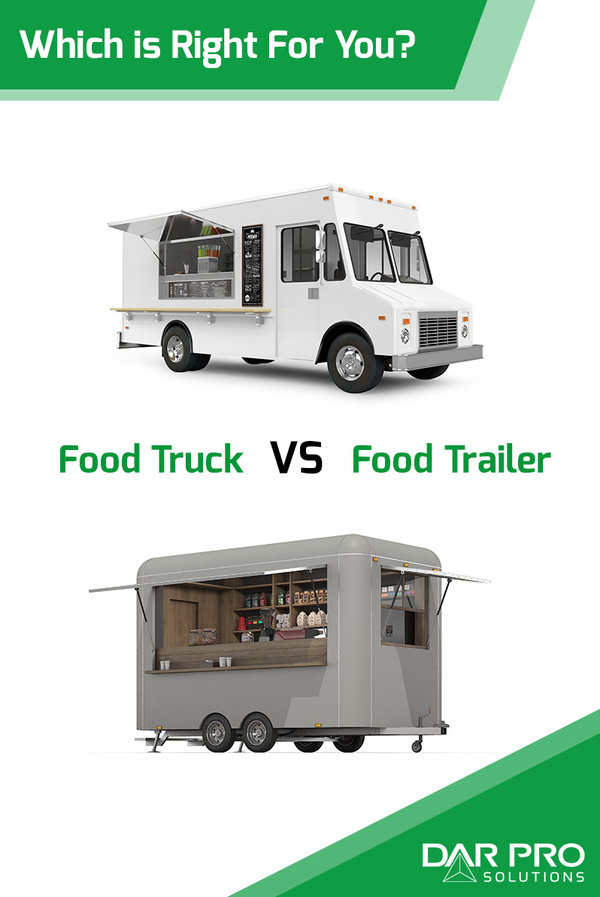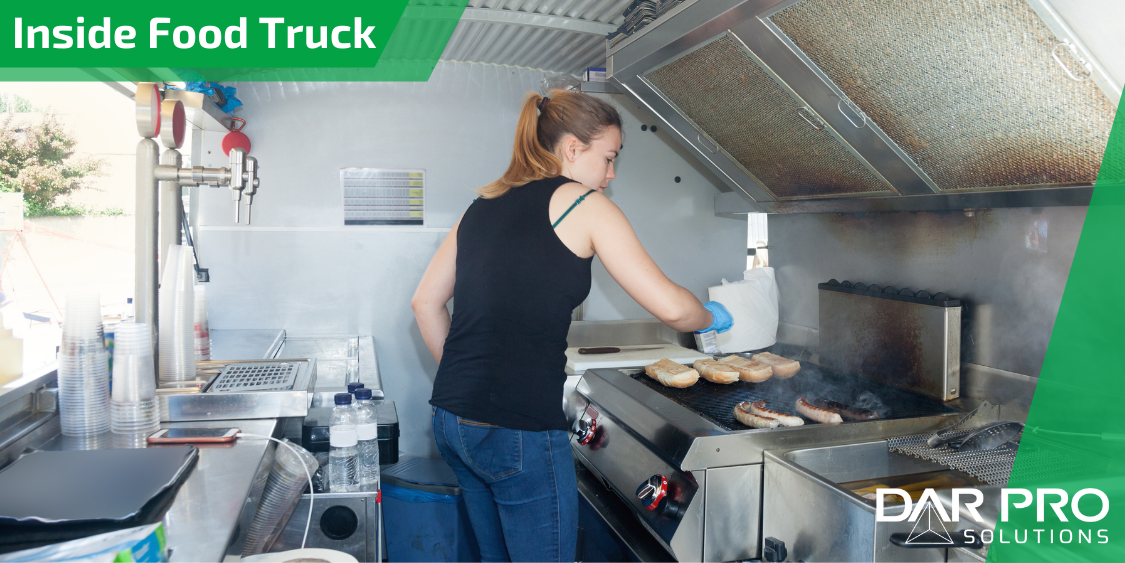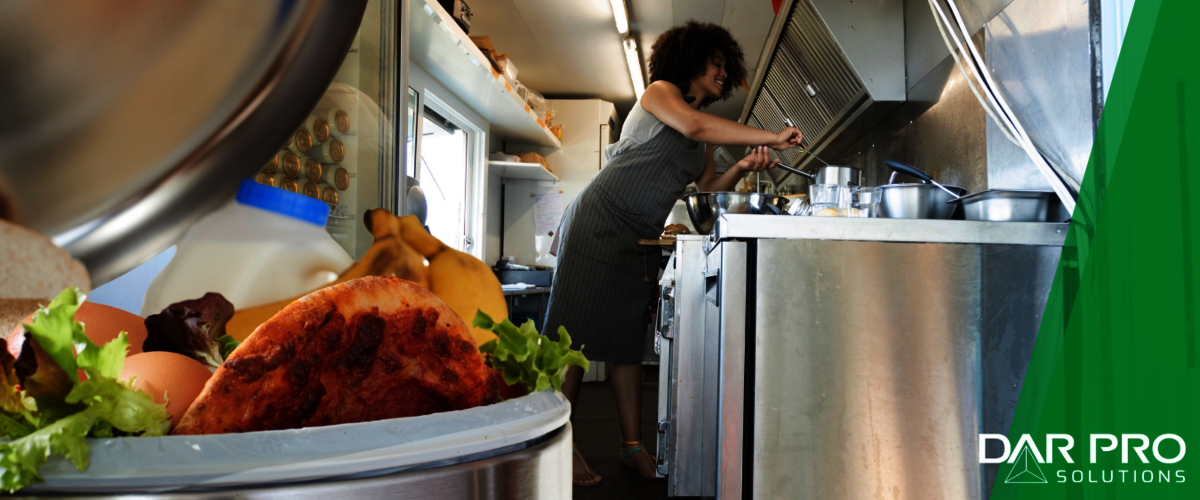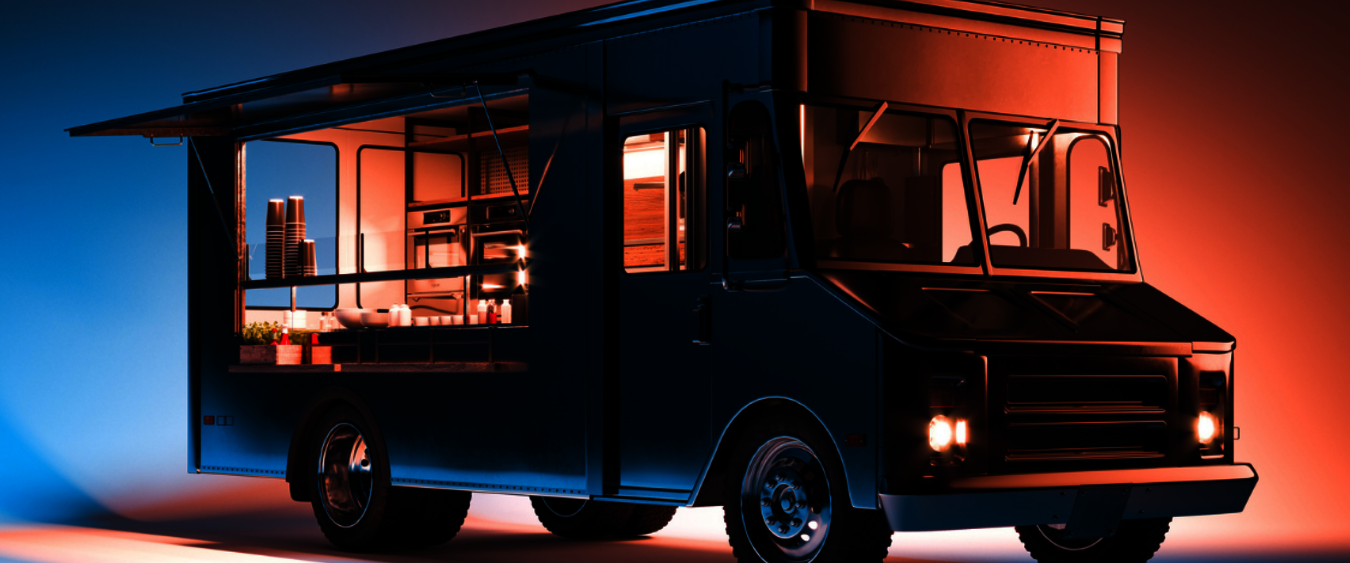1. Find your food truck idea:
The first and most important move you can make when starting a food truck is finding your niche. You likely don’t walk up to an ice cream truck expecting them to have salad or a taco stand to have a full-fledged Mexican cuisine. Cementing your food truck idea and finding a niche is key. Any mobile dining facility is going to be limited in the amount of supplies and equipment it can carry. With this in mind, focus on a couple of core menu items that you feel confident you can in consistently produce with quality.
Food trucks can’t rely on the ambience or environment of a typical dine- in setting. The food you produce is what your truck becomes known for. Your customers are stopping by your truck because they enjoy your food and the quick access to it. Carving out a niche as it pertains to the food you produce, and your menu is key to your new business’ success.

2. Buy a food truck:
Yes, of course you’ll need a truck to start a food truck, but what goes into the buying process? The average food truck owner spends between $70,000 and $80,000 to acquire their vehicle, according to one projection. Consider whether buying new, used, or even leasing a truck is the best move for you. Think through your other needs as well: what should its layout be like, and what type of equipment will you need in it?
If you buy a new food truck, you are going to have to furnish it yourself with the equipment you need. If you buy a used truck, it might come with equipment already in it, though whether that equipment is suitable for your food truck is no guarantee. Depending on the type of truck you acquire, space will vary. Some have the capacity for all necessary kitchen-related equipment. If space fills up in your truck, purchasing a trailer to haul behind it is an easy way to add additional space to your operation.


3. Craft your food truck business plan:
Food trucks are unique in how they operate, who they serve and where, as well as their maintenance expenses. When starting a food truck, crafting a sound and thorough business plan is vital to getting your idea getting off the ground.
- First and foremost, you’ll want to make sure you have all the red tape-related items under control. Make sure your truck has the proper licensing -- whether that is your local chamber of commerce or department of motor vehicles -- and that you are in accordance with initial and ongoing health inspection guidelines.
- Next, you’ll want to identify your truck’s design and how it will operate. Will you be prepping and making all your food in the truck, or will some prep be done at another location? Figure out what type of equipment you will need and whether your food truck will be residence-based or roaming. Total up your projected menu and ingredient cost as well as other overhead costs, such as staffing and utilities. Knowing the cost of running your food truck is paramount to its success.
- You’ll then want to identify who and where your market is. How much area will your food cover? Who will you predominantly be serving and what demographics will you cater to? What price point will they expect to pay for your food? Your customers are ultimately who will decide whether your food truck is viable or not and knowing who your customer base is and where they are located is a great place to start.
- Finally, once you have an idea of what it will take to run your food truck, how it will operate and who you will serve, make sure you have the necessary funding to bring your food truck idea to life. Insufficient financial planning will be the biggest hinderance to successfully starting your food truck.
4. Create a Storage and Waste Management Plan
Where will you park your food truck when it isn’t in operation? Perhaps it is at your residence. Maybe it is in a common area with other food trucks or some other public setting. Where you store and prep your ingredients – whether it is all done on the truck or at another location – should also factor into deciding where to park your vehicle. Locking down a place to store it when it isn’t in operation is as important as anything else.
Beyond that, how will you handle the natural waste that comes with your culinary operations? If you plan to do a lot of deep frying, you’ll need to dispose of your used cooking oil somewhere. Find a provider that will take your used cooking oil off your hands. Most used cooking oil collection services will not pick up your oil from a residence, so find a nearby area to drop off and properly dispose of your used cooking oil. Fryers with built-in filtration systems will make this process easier, as you will not have to filter the oil after it leaves your fryer with an additional piece of equipment. The last thing you’ll want is your fryer full of oil and nowhere to put it, or a hefty fine for improper disposal.

5. Market your food truck
Once you’ve got the logistics squared away and your food truck is up and running, how do you plan to get the word out about your delicious food on the go?
Social media is a great place to start. Facebook, Twitter and Instagram are powerful (and free) tools to generate awareness about your food truck and further solidify your brand. If your food truck is mobile and covers a large area, your customers will want to know where your truck will be on a given day. Formulating a regular schedule and pushing it out on social media is never a bad idea.
You could also consider finding an influencer with an already established social media following to promote your business for you.
Getting listed on Yelp or other rating apps is another effective way to spread the word about your truck.
It may also be well worth it to start a basic website with information about your food truck, rotating menu items and the latest news regarding your brand. Having a home base for your customers to acquire information about your food truck brand will only help increase awareness. Food trucks are a unique way to build a culinary brand. Now that you know what to factor in when starting one, you should be better suited to successfully get yours up and running.
DAR PRO Solutions’ unparalleled service takes the hassle out of handling your used cooking oil. Reach out to a DAR PRO representative today and find out how your food truck business can benefit from our grease recycling program. Call us 24/7/365 at 855-DAR-PRO1 (855-327-7761).
Contact Sales
For customer service inquiries call our toll free number (855) 327-7761
By submitting this form I agree to the privacy policy including the usage of contact details to contact me for marketing purposes.
8/18/2021
